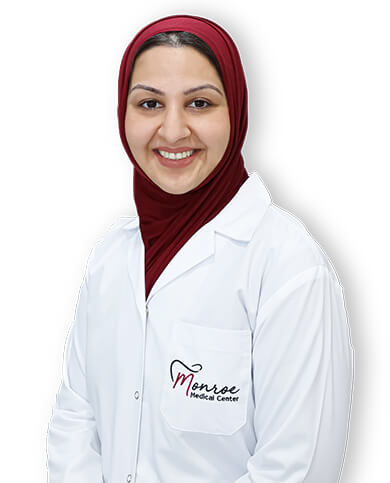Wisdom teeth are the third molars that typically erupt in late adolescence or early adulthood. While some people have no issues with their wisdom teeth, many others experience pain, swelling, and other problems that require their removal. In this article, we will discuss how wisdom teeth are removed and what you should know about the procedure.
How wisdom teeth are removed
There are two primary methods for removing wisdom teeth: extraction and surgery.
Extraction:
Extraction is a common method for removing wisdom teeth that have fully erupted through the gumline. This procedure is performed under local anesthesia, and the tooth is carefully loosened and removed from its socket. The area is then cleaned, and any stitches are placed if necessary.
Surgery:
Surgery is typically required for wisdom teeth that are impacted, meaning they have not fully erupted through the gumline. This procedure is performed under general anesthesia, and an incision is made in the gum tissue to access the tooth. The tooth is then carefully removed from its socket, and the area is cleaned and stitched.
During, after, and before wisdom tooth surgery
Wisdom tooth surgery is a common procedure that many people undergo to alleviate pain and discomfort caused by impacted or infected wisdom teeth. It’s essential to know what to expect before, during, and after the surgery to prepare yourself adequately.
Before the surgery:
Before undergoing wisdom tooth surgery, your dentist or oral surgeon will perform a thorough examination of your mouth and teeth to determine the best course of treatment. You’ll be asked to provide information about any medications you’re taking and any medical conditions you have that could affect the surgery. You may be asked to stop taking certain medications or adjust their dosage before the surgery.
You’ll also receive instructions on what to eat and drink before the surgery. It’s essential to follow these instructions carefully to avoid complications during the surgery.
During the surgery:
Wisdom tooth surgery is usually performed under local or general anesthesia, depending on the number and location of the teeth being removed. Your dentist or oral surgeon will make an incision in your gum tissue and remove the tooth from its socket. The procedure may take anywhere from a few minutes to an hour, depending on the complexity of the case.
After the surgery:
After the surgery, you’ll be sent home with instructions on how to care for your mouth and manage any pain or discomfort. You may experience some bleeding, swelling, and discomfort for the first few days after the surgery. You’ll be advised to apply an ice pack to your face to reduce swelling and take pain medication as prescribed.
It’s essential to rest and avoid strenuous activities for the first few days after the surgery. You’ll also need to follow a soft food diet and avoid hot and spicy foods that can irritate the surgical site. Your dentist or oral surgeon will provide you with instructions on how to keep your mouth clean and prevent infection.
FAQ:
Q: How long does the procedure take?
A: The length of the procedure depends on how many wisdom teeth need to be removed and whether or not they are impacted. Extraction typically takes around 20-30 minutes per tooth, while surgery can take up to an hour or more.
Q: Is the procedure painful?
A: No, the procedure is not painful. Local anesthesia or general anesthesia is used to ensure that you do not feel any pain during the procedure. After the procedure, you may experience some discomfort or swelling, which can be managed with pain medication and ice packs.
Q: What should I expect during the recovery period?
A: You should expect some discomfort and swelling during the first few days after the procedure. It’s important to rest and avoid strenuous activity during this time to promote healing. You may also need to eat a soft diet and avoid smoking and alcohol for a few days. Most people can return to work or school within a few days after the procedure.
Conclusion:
If you are experiencing pain or other issues with your wisdom tooth extraction, it’s important to seek treatment from a qualified and experienced provider such as Monroe Medical Center. Our team of dental professionals can evaluate your condition and recommend the best course of treatment for your individual needs. Whether you require wisdom tooth extraction or surgery, we will ensure that you receive the highest level of care and support throughout the process. If you have any questions or concerns about wisdom teeth removal, please don’t hesitate to schedule a consultation with us today.


